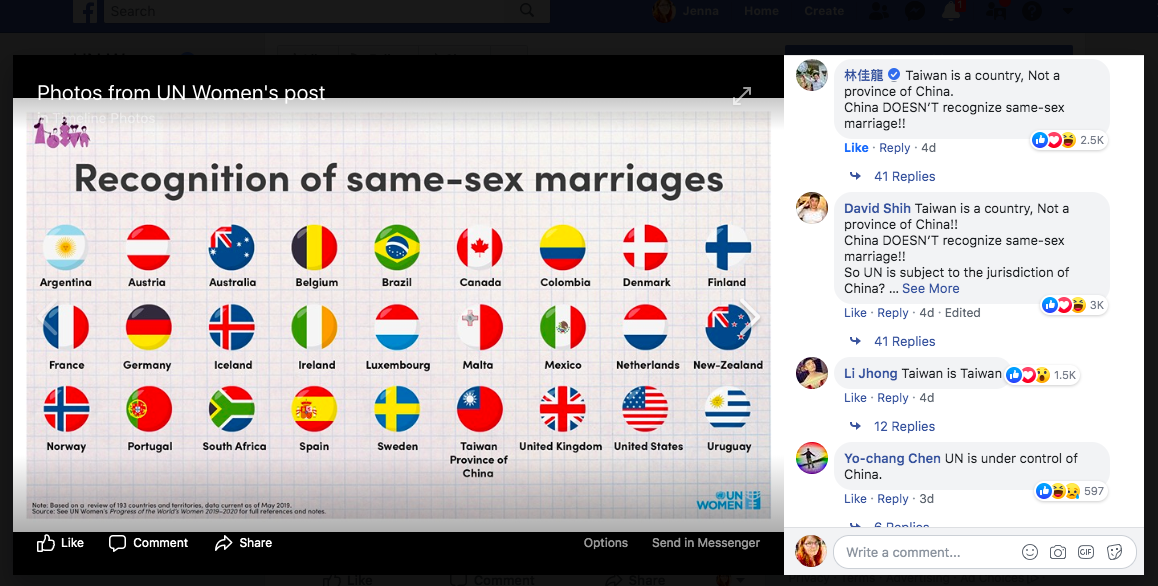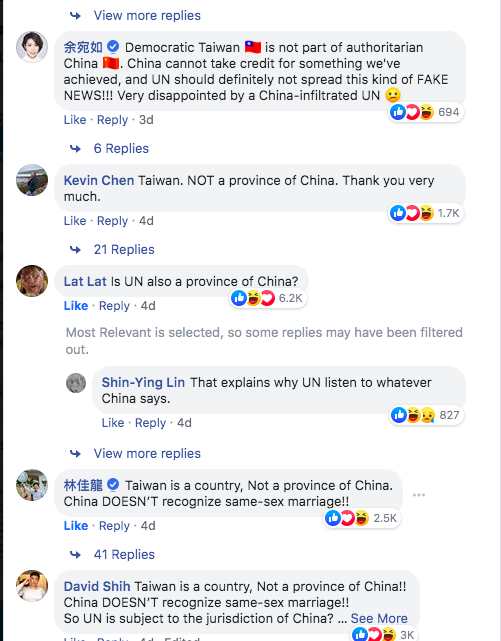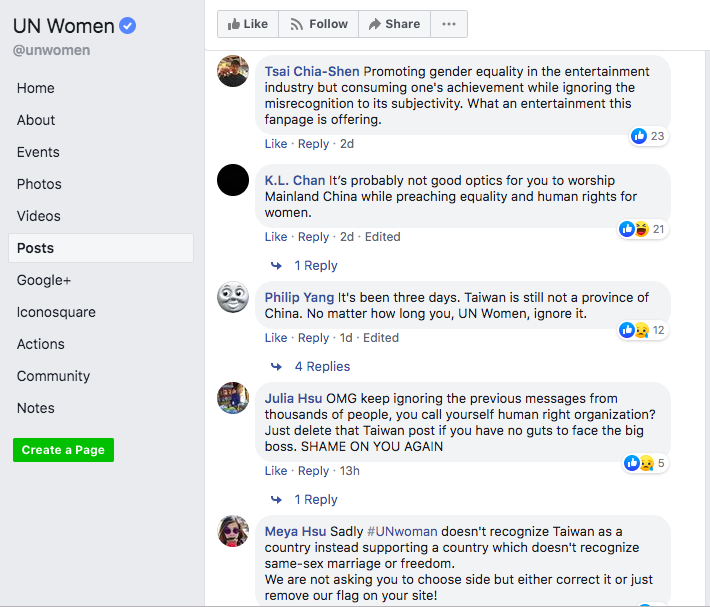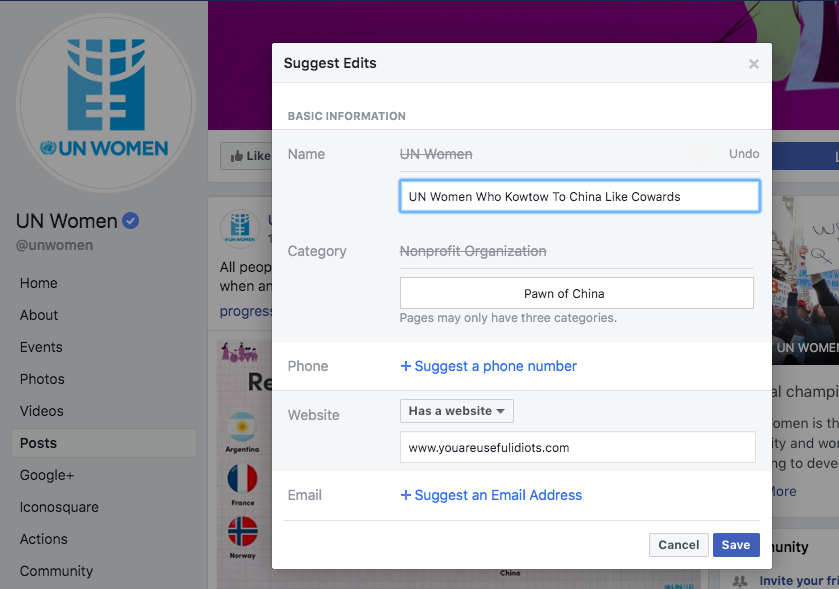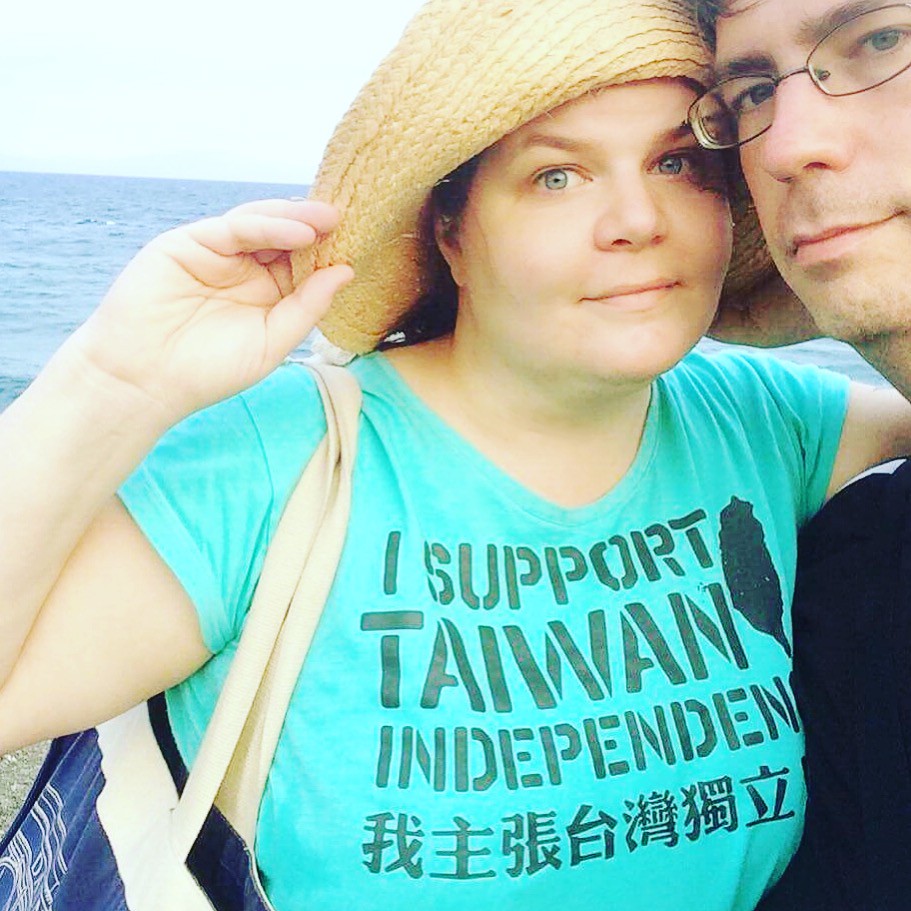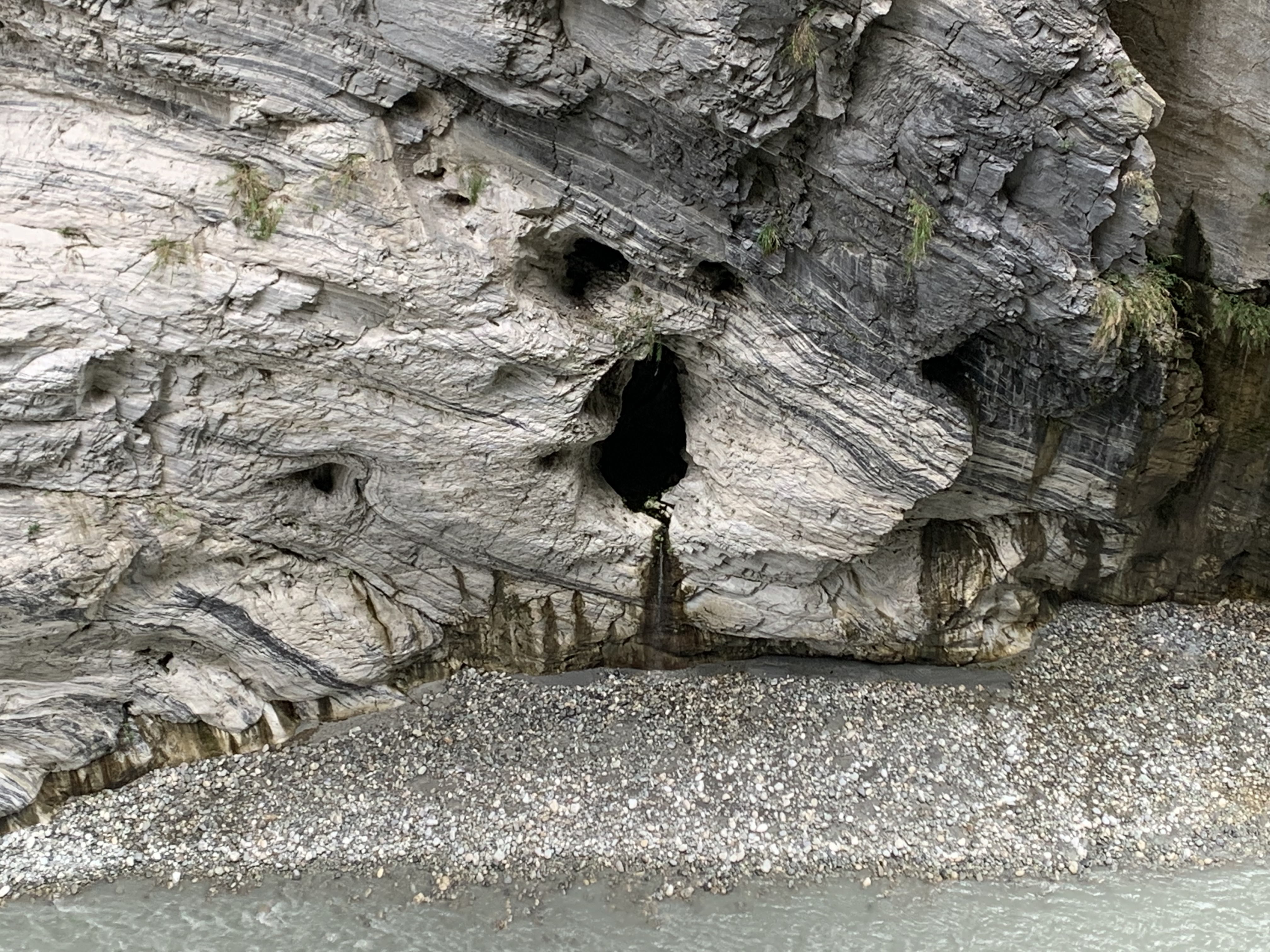
It’s rare that I have not a single critical thing to say about the overall body of work of an expert or policy wonk focusing on Taiwan. However, a few people come close, and I’ve always admired the work of Kharis Templeman. He’s good at what he does, he’s clear and to the point, and he makes sense. I’ve never heard him say anything ridiculous about the US or Taiwan “provoking” China, among other claims I personally think are, well, deranged. He seems sensible. I’m on board.
So, I would like to begin this post by stating that all of it comes from a place of respect. I read his forthcoming “Blessings in Disguise: How Authoritarian Legacies and the China Factor Have Strengthened Democracy in Taiwan” and, well…to put it kindly, I was not entirely impressed. To be clear, most of the argumentation makes sense, and he doesn’t make any historical slips that I could find (you’d be surprised how often that happens with other scholars and researchers).
That said, I have thoughts. I do think Taiwan needs at least two credible, stable, institutionalized parties. The DPP needs a strong rival to hold it accountable, and vice versa -- the DPP needs to hold its opposition accountable, as well. That other party is, and always has been, the KMT.
However, I see no reason why that strong opposition should necessarily continue to be the KMT. After reading Templeman's paper...
...I still don't.
The core thesis is that the KMT is “good for Taiwanese democracy” by existing as an entrenched, institutionalized party with a core voting base and ability to govern within established systemic norms.
This does make sense on its face: stability begets stability, and democracy is tied deeply enough to the will of the people that if there are not institutional factors at play, including disciplined, electable yet competitive parties, it’s easy for the whole thing to fall apart. It’s frightening how quickly one party might gain a stranglehold on power, or for the system to become so chaotic or unaccountable that it’s not clear what benefit ‘electing your leaders’ even has.
Here's the thing, though: it’s just a little too close to ‘status quo for the sake of the status quo’ — what we have now is good because it’s stable, and change is to some extent inherently destabilizing. To be honest, there may be some truth to that. Not all change is good; even in the most flawed system, change can bring unfortunate consequences.
But, as we’ve seen with Taiwan’s own democratic transition, change may be scary, chaotic and raw, and still need to happen.
The DPP were once the outsiders, the upstarts, the ‘anti-system message’ guys. And now they’re institutionalized.
In other words, upending the system, letting in newcomers and outsiders, destabilizing norms — these can be terrifying and have negative consequences alongside the positives. But a party may well only be an outsider or destabilizer…until it isn’t.
And a party may be a credible institutionalized rival...until it isn't.
Thus, the argument that the KMT is good for Taiwan only holds for as long as they actually do have a strong voting base. It’s true only insofar as they remain competitive and can actually win every kind of election. That’s not assured: they can and do dominate at the local level, but nationally, their ability to actually win an election is, well, up for debate. At least for now.
The second they lose their legitimacy, their base, their electability (especially at the national level), what then? Are they still “good for democracy” if they can’t provide a reasonable alternative to the DPP? I wouldn’t think so.
Right now, the TPP, no matter how unclear their policies, seems to be presenting a credible threat to the KMT and is becoming truly competitive against the DPP. They’re “outsiders” now, but perhaps less so with an erstwhile Taipei mayoralty under their belt. They are already both in leadership and hot water in Hsinchu (corruption allegations), and Ko is giving the KMT's Hou a solid scare in the presidential race.
What if the TPP actually makes it and becomes “institutionalized”? Will we need the KMT then? Or are they only a “blessing” for Taiwan as long as they’re credible? If the TPP actually does usurp the KMT’s competitiveness against the DPP, I wouldn’t necessarily say it’s good or bad — just different, and indicative of how far the KMT would have fallen. Certainly not a loss of any ‘blessing’ stemming from the authoritarian era.
It makes sense that stable political parties that respect the norms of governance and remain competitive are good for democracy in general. As long as the KMT and DPP fit this bill but no other parties do, I can understand the argument. However, the moment another party becomes ‘institutionalized’ — credible, prosperous, competitive — what exactly is the benefit of the KMT in particular? Why should it be them specifically?
Templeman tries to make the argument that the KMT itself is “indispensable” as the opposition to the DPP, but this is where I found the paper weakest.
Again, it is only ‘indispensable’ for as long as it remains stable, credible and competitive. And outsiders are only outsiders until they’re inside — like, oh, the DPP. And insiders only remain inside for as long as they can hold their place. On those fronts, Templeman seems more optimistic about the KMT’s future at the national level than I am.
Let’s look a little deeper at the two points made here: one is that the KMT’s own disciplined party core forced the opposition, which lacked the KMT’s resources and institutional entrenchment, to also create a disciplined, organized hierarchy that (ironically, as he correctly notes) this meant that the DPP’s organizational structures mimicked the KMT, both of which are founded, basically, on Leninist norms of party structure.
This is an accurate telling of history, but whether it’s a “blessing” depends on whether you think that particular party structure is ideal, or a good choice. I’m not an expert in Leninist party structures, so I’ll save that question for someone else, but in general I am not a fan of Leninist praxis. I do wonder if Taiwanese parties could perhaps do better than the model they were handed.
I doubt the DPP is going anywhere, seeing as they hold both the presidency and the lead in the upcoming election (keeping in mind that a lead this early on is not always easily kept). Furthermore, their general orientation regarding Taiwan’s sovereignty is much more in line with the general consensus. Whether or not Taiwan should — or even can — have “better relations” with Beijing is still up for debate, though I tend to think Beijing’s own attitude makes that impossible, not any specific policies of the DPP or KMT. However, on unification vs. independence and national identity, the DPP seems to be much closer to what a greater share of the electorate wants.
As for the KMT? Well, would it be so bad if a party that was disciplined but had a novel party structure that didn’t follow the old China-imported Leninist paradigm usurped their position as chief competitor? Crucially, would political parties in Taiwan have been able to form disciplined institutional cores if the KMT had never come and shoved their ideology down Taiwan’s throat?
I don’t know. Perhaps not. Assuming, however, that what happened was a ‘blessing’ sounds to me like making excuses for colonization. It’s along the lines of “the British Raj was terrible, but without them India wouldn’t have all that infrastructure, like railroads”. As though Indians would certainly not have been able to figure out railroads on their own. Perhaps geopolitical factors would have made such things harder to accomplish, but whether we’re discussing Taiwanese political parties or Indian railroads, they were by no means impossible without all the horrors that accompanied them. The horrors of the White Terror were not definitively necessary for Taiwan to blossom into the democracy it is today.
Templeman then focuses on the “China factor” — the fact that differing views on China remain the primary divide in Taiwanese politics. There’s nothing incorrect in this assessment, and the historical review was on-point.
Well, on point with one caveat: the KMT doesn't continue to be one of the major opposition parties because of the "China factor", wherein there are two main poles to Taiwanese political affiliation, one pro-China and pro-Chinese identity and one wary of Beijing and Taiwan as part of some concept of "China". Rather, "the China Factor" exists because the KMT brought it to Taiwan. That, however, is a topic for another post.
However, the rise of the TPP in the current election cycle, ephemeral as their competitiveness may (or may not) be, was completely ignored. I’m not pro-TPP by any means, but this felt like a glaring omission when parties such as the NPP garnered mentions. The TPP doesn’t have a clear China policy, but then, neither did the KMT’s Hou You-yih until fairly recently.
The China factor certainly matters, as much as we may wish it didn’t. However, it only matters for as long as it matters: if the electorate ever settles on a general consensus vis-a-vis China, that “divide” will suddenly boost the ability of one party to dominate. Although partisan identification shows some interesting changes, looking at fundamental support for pro-China policies vs. against them, my bet on where any such dominance might land is squarely in the pan-green camp.
It’s not like support for unification is on the rise, and even DPP presidential candidate Lai Ching-te has said he would be open to dialogue with Beijing. The DPP openly states that Taiwan is “independent”, adding in a little “called the Republic of China” coda delivered with everything short of a wink wink, nudge nudge.
On the other side, I consistently see the KMT try to hide its more pro-China tendencies: they don’t dare openly state that they’re pro-unification, nor did they dare to speak against the 2019 Hong Kong protestors resisting the exact same government that they, the KMT, want to be closer to. They talk about the fake 92 Consensus, but can't admit that China never agreed to their interpretation that there are "differing interpretations".
In fact, the KMT/DPP dichotomy, riven along pro/anti-China lines, has given rise to a large group of voters who simply dislike both parties. There are those disillusioned by the KMT but can’t fathom voting for the DPP, often due to a lifetime of pan-blue media inculcation that the DPP are “riffraff” and “troublemakers” — that is, they still don’t believe that the DPP are “institutionalized”.
There are also those who are angry at the DPP’s failings, and to be sure it is not a perfect party. However, they’re adamant that Taiwan is certainly not part of China, and the thought of voting for the pro-China KMT, with its lingering scent of the authoritarian era, is an anathema to them. Basically, “the party I would typically vote for sucks, but the alternative is even worse!”
(If that sounds a lot like some Americans pissed at both the Democrats and Republicans, well, it should.)
If it’s a “blessing” for the two dominant parties to be the imperfect “they’re corrupt too!” DPP and the “but they murdered my uncle and insist I’m Chinese” KMT, then I’m not as optimistic for Taiwan’s future as Templeman is. I don’t think Taiwan’s democracy is in dire straits -- far from it -- but thinking of it in these terms makes it seem more troubled than I would otherwise believe, not less.
Templeman continues by noting that the KMT is the “indispensable” foil to the DPP not only because they’ve managed to survive into the democratic era, but because they continue to have huge resources at their command. Is this actually true? As Donovan Smith recently noted, they’re still reporting funds effectively frozen by the transitional justice committee, and might actually be in danger of bankruptcy. I’ve heard multiple rumors over the past few years that they struggle to pay their own people. They have a legacy as one of the wealthiest political parties in the world, and certainly the wealthiest in Taiwan, but that may be more a memory than current fact.
I’m deeply unconvinced by the next section:
Commentators and academics in Taiwan, especially those sympathetic to the DPP, frequently bemoan the fact that the KMT survived into the democratic era and continues to play a leading role in politics (e.g. Baum & van der Wees, 2012; Hwang, 2016; Schafferer, 2010). In this view, the KMT’s authoritarian inheritance, including a murky collection of businesses, investment holding companies, buildings and land plots, and other assets that it acquired during the authoritarian era, have given the party an unfair advantage in contested elections; if the electoral playing field were really level, it would have faded into oblivion a long time ago. Thus, the current DPP government is justified in seeking to force the KMT to provide a full account of its finances and disgorge any ‘ill-gotten assets’ back to the state from which it acquired them. Yet the persistence of the KMT as a major electoral force, and in particular as a credible threat to retake power even after it lost control over the central government in 2000, has also had unambiguously positive consequences for the party system, and thus for democratic accountability. And if reformers push too hard to disrupt the current party system in a misguided attempt to resolve these ‘distortions’, they might end up doing more harm than good to Taiwan’s democracy in the long run.
There’s a very obvious disconnect here: Templeman acknowledges that the KMT had (and has) “assets that it acquired during the authoritarian era, [giving] the party an unfair advantage in contested elections”, but then states that they are a legitimate party because they’re still “a credible threat to retake power”. Yes, they are — in great part because of all of those (erstwhile?) assets giving them an unfair advantage! That’s the whole point.
It’s like saying “Yes, Brockton Squinglehopper III had some unfair advantages from his family’s massive wealth and privilege, but the fact that he is an adult now and is also massively wealthy and privileged is a sign that he earned it, and that’s positive!” How is it positive, exactly?
As for clientelism, both parties engage in it, but to me at least, it seems the KMT is the far more serious offender. Far from being held accountable, several years on they still don’t understand why preferential pension schemes for their major voting blocs had to be done away with.
It’s not that the KMT has no true supporters: they do. But they have also had so many unfair advantages, from resources to control of the education system and media to actually being a long-term established party when Taiwan democratized, unlike the DPP. That they continued to win elections is, in part, evidence of how steeply the playing field was pitched — not an argument that it’s inconsequential.
It convinces me of two points only. First, that Taiwan needs credible opposition parties that are stable, disciplined and hold each other accountable. In the past, that has been the DPP and KMT. There is no reason, however, why it would be best for the KMT to continue to dominate over newer parties. The best I can say is that they historically have done so; I don't see a solid argument for why it would be best for that to continue, if the newer party can be just as credible, competitive and respectful of democratic norms.
Again, a party is only “institutionalized” while it remains competitive, and it’s only an “outsider” until it’s inside.
Certainly, the KMT cannot be forcibly done away with, and not all third-party opposition is necessarily positive. I see no problem, however, with the KMT dying a slow, natural death as its pro-China views simply fail to garner sufficient support to remain competitive, and its stolen assets are rightfully given back to the nation.
I also have a problem with the idea that both parties are equally committed to Taiwanese democracy. Templeman doesn't say this, but he seems to assume it as a prerequisite for all those "blessings". The KMT kicked out the guy who played the biggest role in democratizing Taiwan (Lee Teng-hui), and plenty of the deepest blue KMTers would happily sell Taiwan to China tomorrow. "You can't eat democracy" and all that. Are they really committed to Taiwan, by any name, as a sovereign nation not united with the PRC? Are they really committed to democracy? I remain unconvinced, because the KMT's own actions have been unconvincing.
I do not think Taiwan’s democracy is rotting away, and I don’t think the KMT should be — or needs to be — actively excised from the political system. But I do not see the authoritarian era as much of a “blessing”. And certainly, I agree that not all change is good, not all outsiders are positive forces, and political parties need credible rivals so that each side may be held accountable to good governance and institutional norms. I agree that the China divide is the primary dividing point in Taiwanese politics.
However, the KMT’s pro-China orientation, especially the unificationism they try and fail so hard to hide, rapid loss of once-stolen resources, continuing clientelist tendencies and and inability to be accountable for their own authoritarian past all point to one thing: the DPP needs credible opposition, but there is still no reason whatsoever why that has to be the KMT.
The KMT holds that position right now, but I see no good argument for why they should continue to do so, especially if they die a natural death at the hands of public opinion and a new credible party arises to take their place.
Templeman's paper is an excellent argument for the historical and political forces that help explain why Taiwanese democracy is the way it is -- everything that's led the country to its present political state, and the benefits of it. It is not a strong argument for the KMT continuing to hold its current status. Even if some of the past they inflicted on Taiwan turned out to have benefits, that’s not an argument for their continued position as one of the two main parties in Taiwan. That position can only be conferred by one force: the electorate. I don’t know which way that current will carry us, but my money’s not on the KMT.



